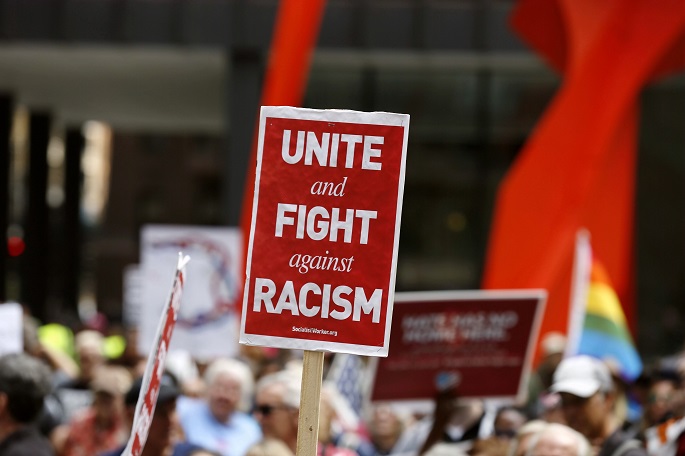Non-Western refugees seemed as deserving less support in Finland
Published : 23 Apr 2024, 03:23
Non-Western refugees and immigrants are perceived as deserving less support in Finland, according to a study of the University of Helsinki.
The pervasive failure to address racism within the framework of integration for people labelled as refugees and immigrants serves as a barrier to achieving genuine inclusivity, said the study conducted by Ameera Masoud of the Department of Education of the university.
Terming the Finnish integration system as filled with paradoxes, the researchers focused on three paradoxes of the system.
The first one being the contrast between the ideal portrayal of Finland as a country of equality, and the reality that Finland is also proven to be among the most racist countries, when compared to other EU member states.
Each year brings forth a growing body of research showing how people of colour, Black people, and those of non-Western origins experience racism in every facet of their daily lives in Finland – be it in education, employment, integration, and beyond.
“Racism was also one of the main challenges encountered by the participants in my research as they navigate through various integration practices. However, addressing racism through concrete anti-racist solutions is still overlooked in relation to integration,” said the researcher.
A second paradox in integration is that despite the continuous calls for work-based immigration and the need to attract more workers to Finland, finding a decent job is still a challenging reality for many who already reside in Finland, and are unemployed.
The immigration policy set by the current government consists of even more restrictions, which will carry more exclusion and hinder access to the labour-market, especially for people labelled as refugees and immigrants.
For instance, those who are on a work-based residence permit would be forced to depart Finland, if they do not find a job within three months of unemployment.
Despite the claim to enhance integration, the current government is offering contradictory policy restrictions that have implications for integration, making it harder to establish a decent and equal life in Finland. This involves shortening the period of residence permits and prolonging the process of obtaining citizenship.
A third paradox that came to light, is in relation to how people categorized as refugees and immigrants are perceived as deserving or less deserving of support and integration.
For example, since the war on Ukraine has started, a distinct narrative has re-emerged, portraying non-Western refugees, asylum-seekers, and immigrants, as markedly different in their culture and values, and in some instances, perceived as threats to “European values”.
These portrayals have been fuelled by racialized assumptions, painting a challenging picture of their integration process. This perception continues to shape the policies and practices surrounding integration, having a significant impact on the ongoing discourse.
“It is essential to recognise the consequences of these racialized depictions and threat narratives as we navigate the complexities of integration policies and practices,” said the researcher.
According to the study, there are drastic implications of remaining silent about racism and the reluctance to recognise it as one of the main barriers towards inclusive integration. This tendency hinders addressing racism systematically, rendering it an overlooked aspect.
Despite the official promotion of equality and equity within Finnish and EU integration policies, coupled with an emerging emphasis on anti-racism, integration practices perpetuate racialized practices.
The policies persist in framing refugees and immigrants as individuals responsible for navigating inherent inequities.
Racism has been asserted as something that is temporary, implying that it will eventually fade away on its own.
By asserting that racism is temporary and not systematic, professionals silence refugees’ and immigrants’ experiences of racism. This perspective fails to acknowledge the entrenched systematic nature of racism and the ongoing need for sustained efforts to address it.
“My analysis reveals the importance of examining integration from an anti-racist perspective. It is also essential to set practical anti-racist interventions to shift and dismantle the unequal power relations embedded in integration processes. Such a focus is still missing,” the researcher added.


